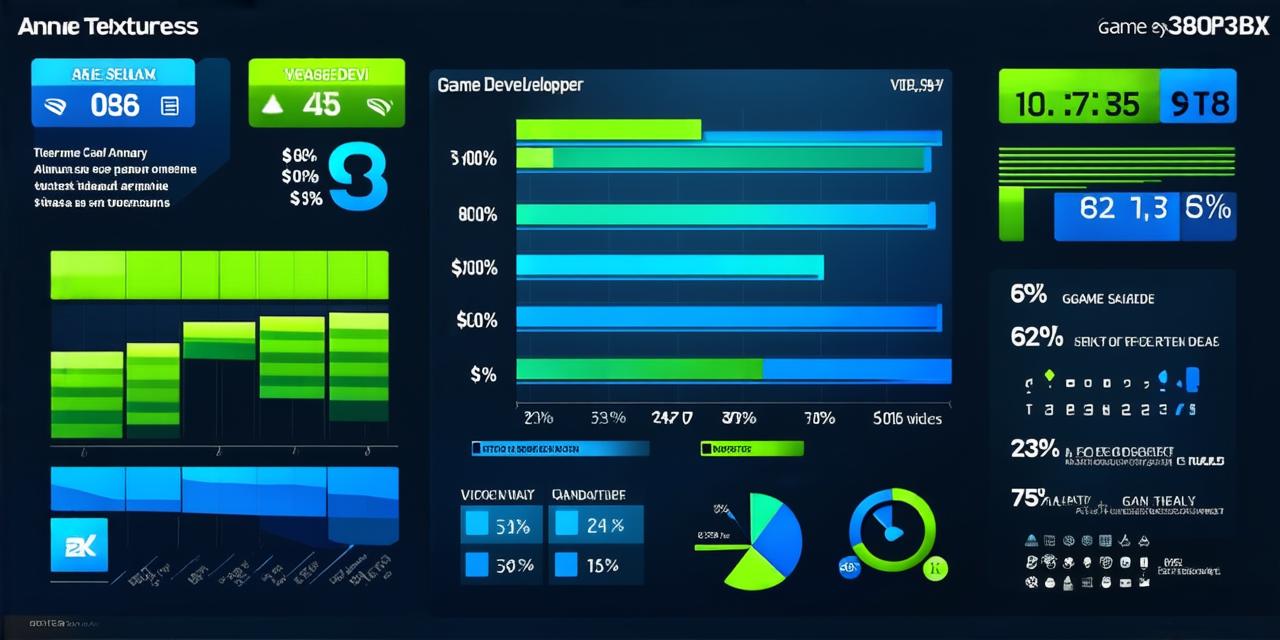Technical Skills
Programming Languages
To become a video game developer, you need to have a strong understanding of programming languages such as C++, Java, Python, and JavaScript. These languages are used to create the core mechanics of the game, such as graphics rendering, AI, and physics simulation.
Art Design
Good art design skills are essential for creating visually appealing games. This includes knowledge of color theory, composition, typography, and 3D modeling. You should be able to create characters, environments, and objects that fit the theme of the game and appeal to the target audience.
Math and Science
Video games require a lot of mathematical and scientific concepts such as trigonometry, calculus, and physics. These concepts are used to create realistic graphics, animations, and simulations. You should also have a good understanding of data structures and algorithms, which are essential for optimizing game performance.
Soft Skills
Communication
As a video game developer, you will need to communicate effectively with team members and stakeholders. This includes being able to explain technical concepts in simple terms and collaborate with artists, writers, and producers. You should also be able to give and receive feedback constructively.

Problem-Solving
Video game development is a complex process that involves many different variables. You need to be able to think critically and solve problems creatively. This includes debugging code, troubleshooting performance issues, and finding creative solutions to design challenges.
Time Management
Video game development projects often have tight deadlines, so you need to be able to manage your time effectively. This includes prioritizing tasks, delegating responsibilities, and working efficiently. You should also be able to adapt to changing priorities and adjust your workload as needed.
Case Studies
Let’s take a look at some examples of how these skills are applied in the real world.
Example 1: Creating a Multiplayer Game
A team of video game developers is working on a multiplayer game that allows players to compete against each other in a virtual arena. The lead developer, who has experience with C++ and Unity, is responsible for creating the core mechanics of the game. They work closely with the art director, who has expertise in 3D modeling and texturing, to create visually appealing characters and environments.
The team also includes a programmer who specializes in networking and multiplayer programming. They use their knowledge of sockets and data structures to implement the matchmaking system and ensure that players can connect to each other seamlessly. The game producer oversees the project and ensures that it stays on schedule and within budget.
Example 2: Developing a Puzzle Game
A solo developer is working on a puzzle game that challenges players to solve increasingly complex puzzles. They use their knowledge of JavaScript and the Phaser game engine to create the game’s core mechanics, including level generation and player input handling. They also work closely with an artist who specializes in creating illustrations and animations for the game.
The developer uses their problem-solving skills to design challenging puzzles that keep players engaged and motivated. They also use their communication skills to collaborate with the artist and ensure that the game’s visual style fits the theme of the game.
FAQs
What skills do I need to become a video game developer?
To become a video game developer, you need strong technical skills in programming languages such as C++, Java, Python, and JavaScript. You also need to have good art design skills and knowledge of mathematics and science. Soft skills such as communication, problem-solving, time management, and adaptability are essential for success in this field.


















